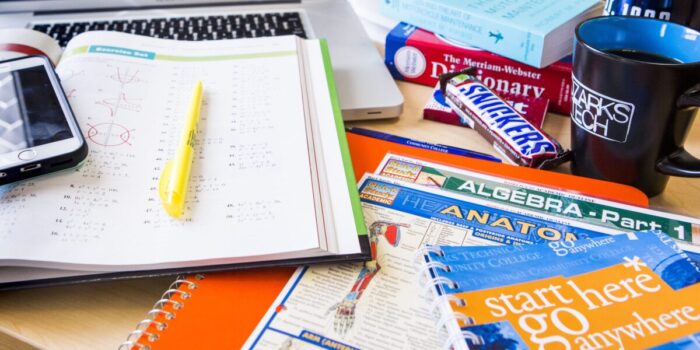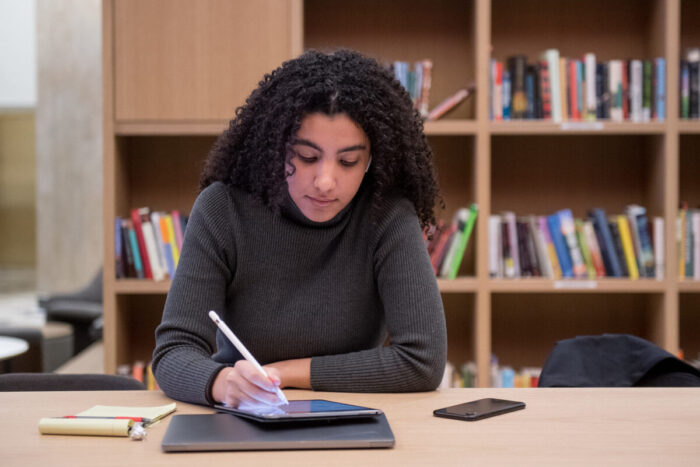Little techniques can go a long way in improving your GPA. It would be best if you mastered several techniques to acquire enough knowledge out of your campus education. So here are 10 study tips to help you ace your college exams and make you emerge among the top students.
If you are busy and overwhelmed to handle your academic tasks, don’t hesitate to contact professional writing services, such as Peachy Essay, for assistance.
1. Practice Note-taking Techniques
During my classes, I never perfected the technique of jotting down notes. I wish I could! Note-taking is something that I highly recommend. However, since everyone has their unique studying skills, try different styles, and see which one helps you to retain information best. Maybe flashcards work for you, or perhaps writing a summary of your lecture notes. Whatever it is, use it and tweak it until you become perfect at it. Don’t do what your friend does because learning techniques differ from one person to another. Find what works for you.
2. Relax for 5 minutes after studying for every 25 minutes
Set a timer and focus your mind on a specific activity you need to accomplish, like reading a chapter of the textbook, writing an essay, listening to a lecture, etc., and try to beat the clock. After the set time, say 25 minutes, decide whether you could use a break or extend. If you need a break, take 5 minutes off and relax your mind. Once the break is over, set the timer again and get back to work. Ensure that your breaks are productive. Do something productive during these short breaks, like replying to an email. Unproductive breaks, like texting or social media, will entice you to extend your break, and you may end up wasting the whole day.

3. Be a teacher to a fellow student or friend
You can only say you have understood it if you can explain it to someone else. Most times, I feel like I have grabbed a concept, but I cannot explain it when someone asks me to explain it. Sometimes I console myself that I will know how to go about it during the exam. But nope, that’s a big lie! Make sure that you can be able to explain it to someone using your own words. If you don’t have friends or family to “teach,” you can do a pretend. Talk to yourself but do it loudly as if you are talking to someone.
4. Meditate
It would be best if you studied with a clear mind. I have just started incorporating meditation into my daily routine because I have heard how much it helps you distress your mind and focus. When you have exams about your exams, unfinished assignments, deadlines, and other different factors, you could use a few minutes, like ten to fifteen minutes, to refresh.

5. Designate a Study Corner
Have a defined study spot! However, ensure that this spot is not your couch or your bed. Your space should be able to send signals to your brain that this is a space for studying. You can have a desk at home, a coffee shop, or the library or any spot that you know you can focus the best. Try using this spot regularly so that it becomes a routine.
6. Start with the easiest subject or topic
If you don’t have a studying mood, start by reading something that you find enjoyable and straightforward for you. When I don’t feel like doing my work, I start by doing something I enjoy doing. With time, I’ll perk up and bring myself to the mood. I take such an activity as a warm-up before the main activity.

7. Use a Background of Classical Music
It is hard to concentrate when you study while lyrical music is playing. Nevertheless, classical music can help boost your brain and your concentration. Select a studying music playlist and get to work.
8. Read with Purpose
Don’t start your studying session without having a clear plan of what you want to. Ensure that you know the reading objectives of each chapter of the textbook. This way, you will focus on the important points that you need to grasp. Read a chapter at a go instead of skimming through the whole textbook.

9. Stop saying “I Have To” and start saying “I Want To.”
Instead of taking your studies as an obligation, start taking your studies as something that you need. You want to pass your exams. You want to learn. Convince yourself into believing it. Your mindset plays a significant role in your performance because you will always feel like you can turn the other way when you feel obliged to do something. I feel that once I set my mindset to focus on something I need, I keep telling myself how much I need to push myself to achieve the things I need. This way, I become more productive.
10. Study immediately after the end of a lecture
Don’t wait for exams to send you into a panic until you start cramming the night before the exam. Such studying methods are not effective at all. You need to rest enough the night before your exam. Many college students like to cram the night before exams and project deadlines, but don’t let it happen to you. Learn to study earlier, force, or trick yourself into doing it by setting fake dates on your calendar. I can’t tell you how many projects I flopped because I waited until the last minute. It doesn’t feel good submitting work that you are not proud of.
I hope that these tips have helped you realize that you can improve your grades by studying smart. If you need more help with studying you can check www.savemyexams.co.uk.





![Calgary’s Hottest Neighborhoods for Luxury Homebuyers [2024]](https://thewashingtonote.com/wp-content/uploads/2024/04/Calgary-324x160.png)



